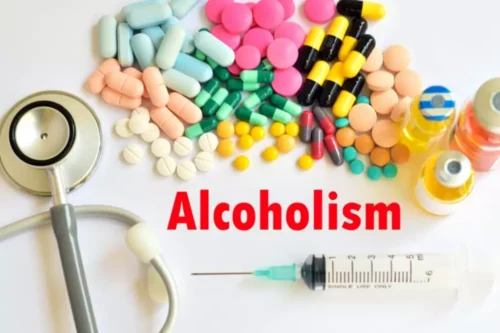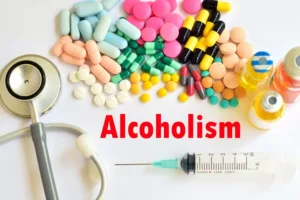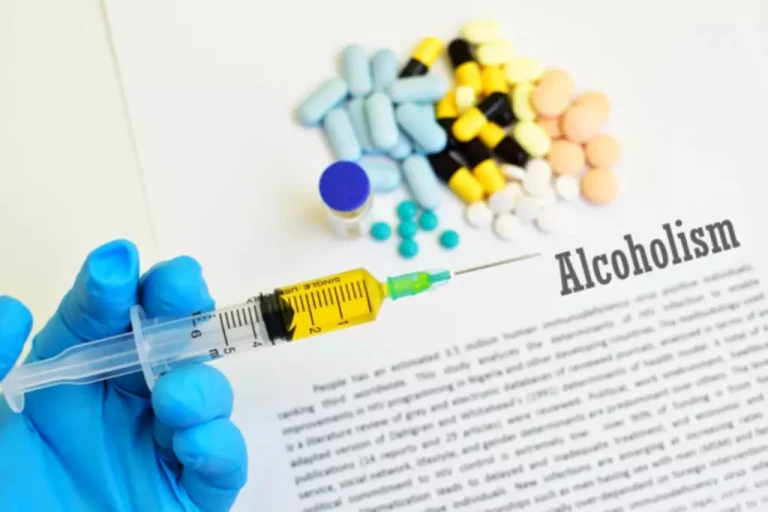
These effects can begin while how long does a hangover last you are still drinking, and can last for longer than the typical effects of a hangover. Without medical treatment, you could fall, lose consciousness, or develop health complications due to the delayed effects of alcohol. Some people take over-the-counter pain relievers (often acetaminophen) before going to bed to minimize hangovers. It is important to recognize that the combination of alcohol and acetaminophen can be toxic to the liver.
- Generally, the more alcohol you drink, the more likely you are to have a hangover the next day.
- Alcohol poisoning is a serious result of drinking too much too quickly.
- However, research has not found a connection between electrolyte disruption and hangover symptom severity.
- When the alcohol wears off, you have a bunch of it floating around in your brain.
- Like so many other answers to science questions, “it depends.” Body weight and gender are very important factors.
What questions should I ask my healthcare provider?
Dehydration causes symptoms like a dry mouth and headache. If you’re hungover, you might also take OTC pain relievers like aspirin and ibuprofen. While these medications can be helpful for headaches and muscle pains, they may also irritate your stomach lining, causing nausea. Some people might feel nauseous for a day or longer. While the nausea is uncomfortable, it isn’t necessarily cause for concern.
How does alcohol affect the brain and the rest of the body?
- In one small study, taking Phyllanthus amarus extract twice a day for 10 days helped lower blood alcohol levels, ease hangover symptoms, and improve mood in regular drinkers.
- The only way to avoid a hangover is to limit how much you drink or to not drink alcohol at all.
- A hangover is the feeling of illness that follows alcohol consumption.
- Estimates of lost revenues due to reduced job productivity and absenteeism from alcohol run as high as $148 billion a year in the U.S. alone.
This affects many of your body’s normal functions, such as breathing, temperature regulation, and heart rate. Alcohol poisoning can be deadly or have serious long-term consequences. How much you need to drink to cause a hangover depends on many factors.
Dehydration

But your body generally eliminates all the alcohol from your system after five to six hours, yet still remains adjusted to the presence of alcohol. They found that participants tended to report feeling worse after drinking bourbon, which has a higher congener content. These symptoms vary from person to person and can range in intensity from mild to severe. Sometimes, they’re enough to derail your entire day. Alcohol has a wide range of effects on your body, many of which contribute to hangover symptoms.
Hangover Headache
Fruit juices can also help to boost your blood sugar. There are several recognizable effects of a hangover. Because drinking is often an evening activity, hangovers are commonly described as "morning-after" effects. However, you can have a hangover any time of the day—they usually begin between three and ten hours after drinking.

Staying Healthy
For almost as long as humans have had hangovers, we've tried to cure them with remedies that run the gamut, from vitamin B to pickle juice. Some hangover treatments work better than others, but none are an actual cure. The only way to avoid a hangover is to limit how much you drink or to not drink alcohol at all.

